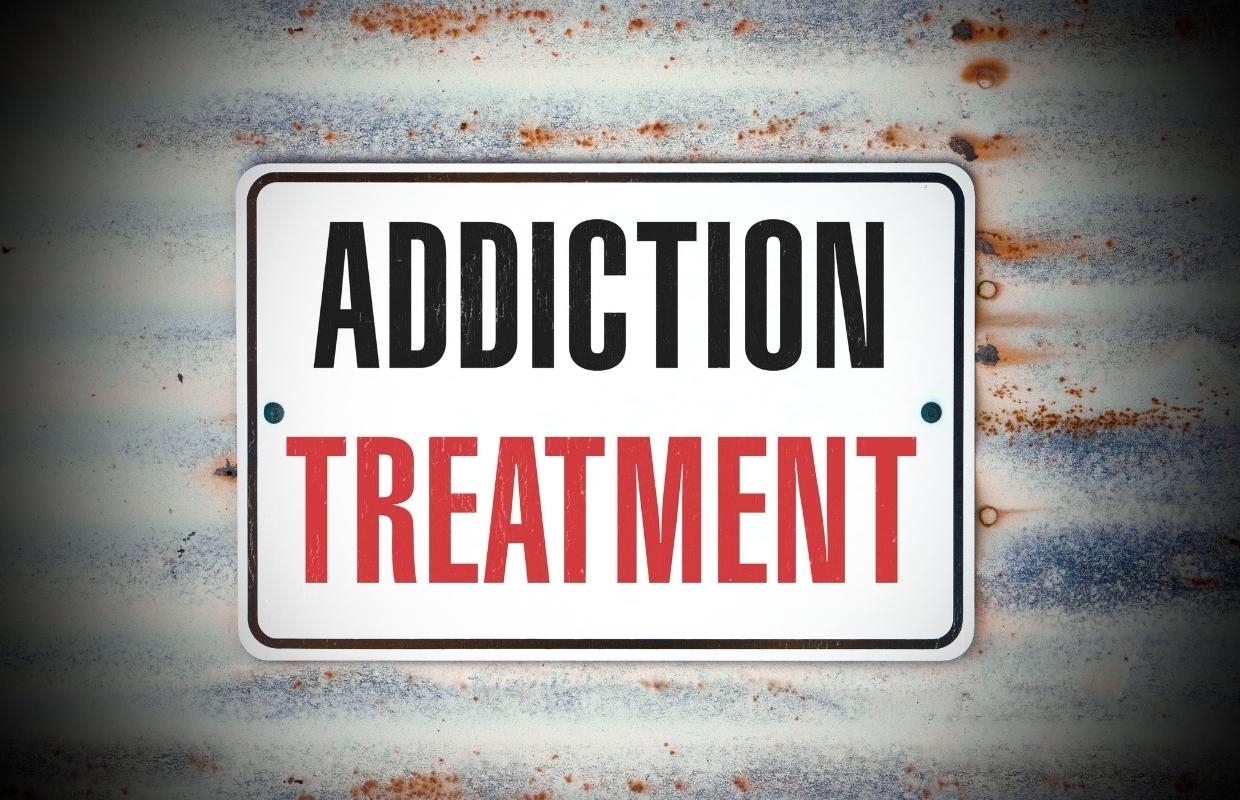A integrated Medication-Assisted Treatment approach supports recovery from substance use disorders.
Comprehensive Dependency Therapy Options: A Guide to Alcoholism Healing and the Duty of CBT
In the world of alcohol addiction recuperation, the adoption of Cognitive Behavior modification (CBT) together with conventional detoxification and rehab techniques has marked a substantial development in therapy paradigms. This incorporated technique not only deals with the physical elements of reliance however additionally explores the psychological battlefield where most relapses take place. By equipping people with devices to improve maladaptive thoughts and reactions, CBT improves the efficiency of their recovery journey. Yet, the assimilation of such treatments raises interesting inquiries about their synergistic potential.
Exploring the Range of Alcoholism Therapies

The Scientific Research and Effectiveness of Cognitive Behavior Modification in Dependency Recuperation
Amongst the different therapeutic methods for alcohol addiction recovery, Cognitive Behavior modification (CBT) sticks out as a result of its well-documented performance. CBT runs on the principle that maladaptive habits and thoughts add to the upkeep of dependency. By reorganizing these ideas and advertising healthier behavioral feedbacks, CBT aids people in handling triggers and minimizing relapse prices. Research study supports CBT's efficiency, showing substantial renovations in dealing approaches and a decline in material usage amongst participants. This therapy is typically time-limited, involving sessions that concentrate on certain skills like analytical or tension administration, which are crucial for lasting healing. CBT's versatility makes it suitable for a varied array of people, better confirming its function as a cornerstone in dependency treatment techniques (fentanyl addiction treatment).
Integrating CBT With Other Recovery Approaches for Ideal Outcomes
While Cognitive Behavior Modification (CBT) proves highly reliable in treating dependency, integrating it with other healing methods can improve treatment outcomes. Combining CBT with pharmacotherapy, for example, addresses both mental behaviors and physical demands, offering an extra alternative strategy. Medications can handle withdrawal signs and yearnings, enabling CBT to focus more intensively on coping methods and behavior adjustment. Additionally, incorporating peer assistance teams with CBT motivates sharing experiences next page and common understanding, which bolsters psychological resilience and healing commitment. Family therapy can also complement CBT by enhancing communication click here for more info and repairing partnerships influenced by addiction. These integrative techniques not only reinforce the individual's ability to avoid alcohol but additionally boost general mental wellness and wellness.

Final Thought
To conclude, detailed dependency treatment for alcohol recuperation involves a diverse method that incorporates medical, psychological, and all natural approaches (Medication-Assisted Treatment). Cognitive Behavior Treatment (CBT) attracts attention as a vital component, substantially boosting the efficiency of healing by dealing with detrimental thought patterns and behaviors. By integrating CBT with other therapeutic methods, individuals are provided a durable support system, boosting their chances of sustained recuperation and their explanation advertising total psychological resilience within a supporting area environment